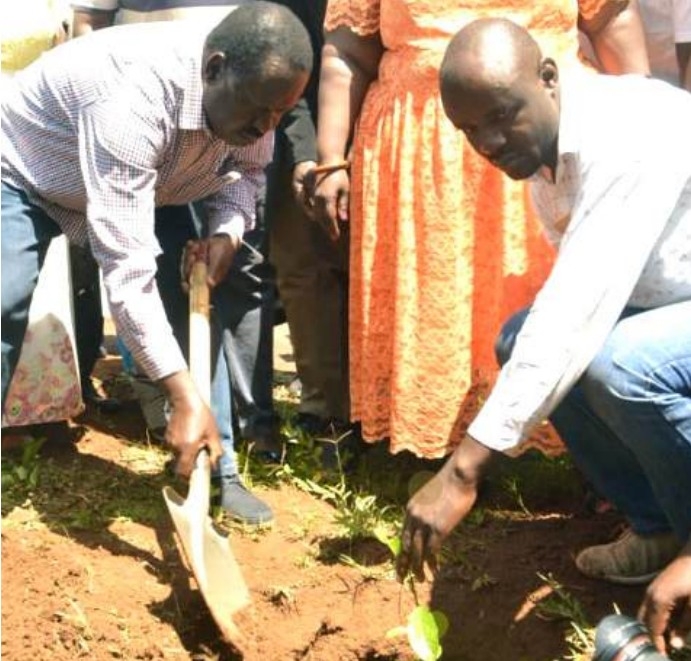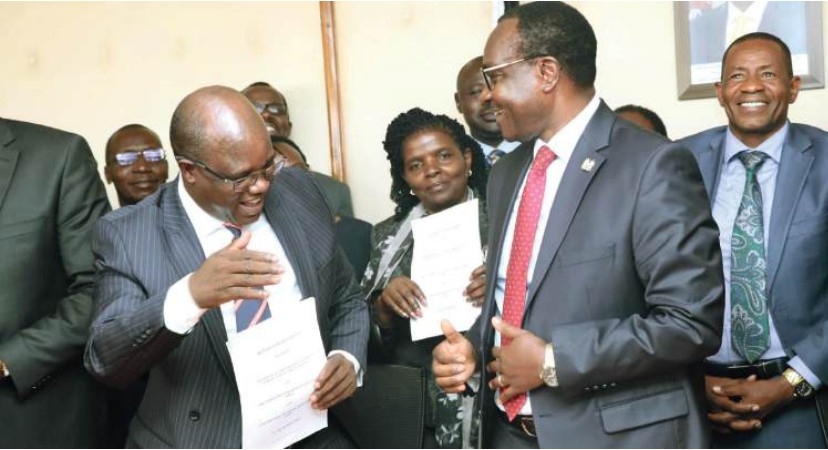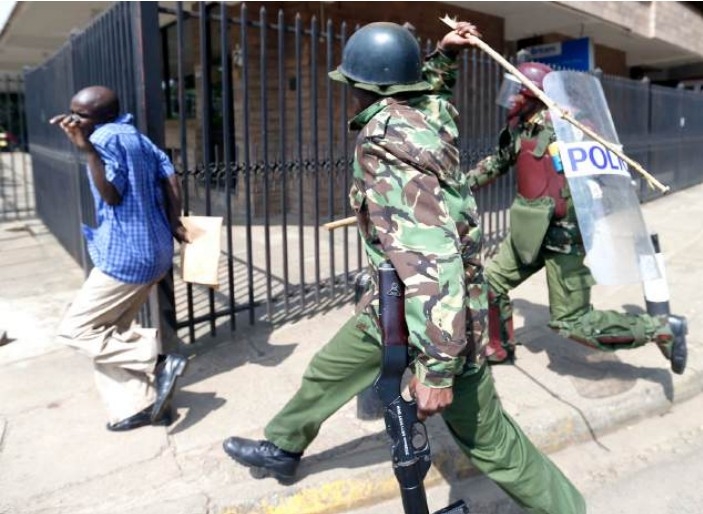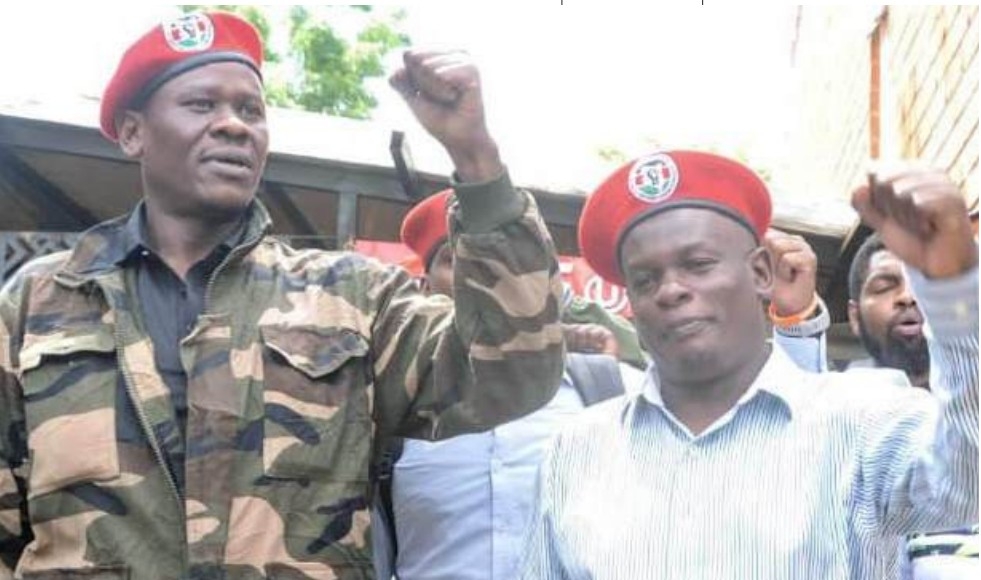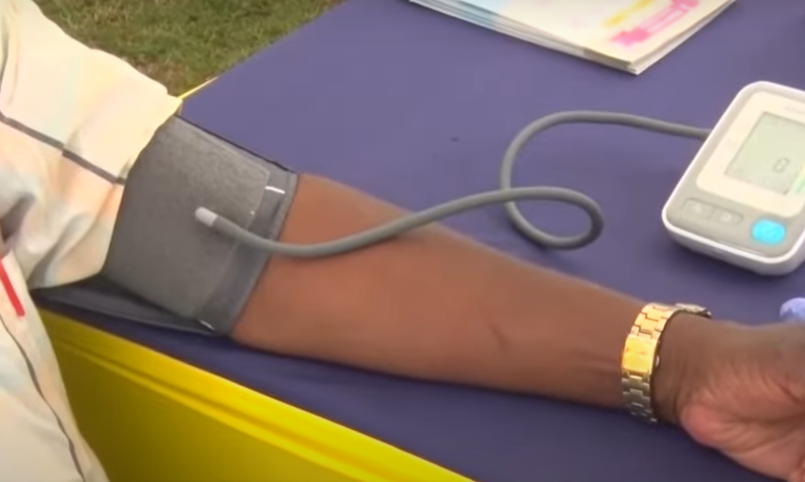
The National Association of Retired Police Officers in Kenya (NARPOK), in collaboration with HealthCare Global (HCG), held a free medical camp screening for retired police officers for prostate and cervical cancer at the Police Pavilion, South C.
The retired police officers and women also received free medical consultations and medication.
Speaking during the camp, HCG cancer resident doctor Dr Harrison Mbari and NARPOK Chairman Julius Waweru lauded the initiative, saying some retired officers were facing financial difficulties in accessing palliative care, hence the need for such programs to ensure they access required care
Waweru called on the Ministry of Health to raise public awareness on how the Social Health Authority covers the cost of cancer treatment.
“Many Kenyans are going through a tough time accessing cancer treatment, yet SHA has the responsibility to assist those who are sick,” he said.
His remarks come at a time when thousands of Kenyans continue to face the heavy financial burden of cancer treatment.
Mbari, a cancer specialist from the HCG Cancer Centre, explained that the exercise was timely and focused on prostate cancer screening, cervical cancer screening, and breast cancer screening.
“We are here to offer insights, especially to the retired police officers. A majority of them have turned up for the screening,” he said.
The exercise drew a strong turnout from retired officers, many of whom acknowledged the importance of early detection.
For them, such initiatives provide not only medical but also reassurance that their health concerns are not forgotten after years of service
Leaders of the association stressed that such screenings are crucial, since many retired officers face health complications after years of demanding service in the police force.
They also urged the government and health organisations to step up public education and awareness campaigns on cancer, noting that knowledge and early screening remain the most effective tools in saving lives.







